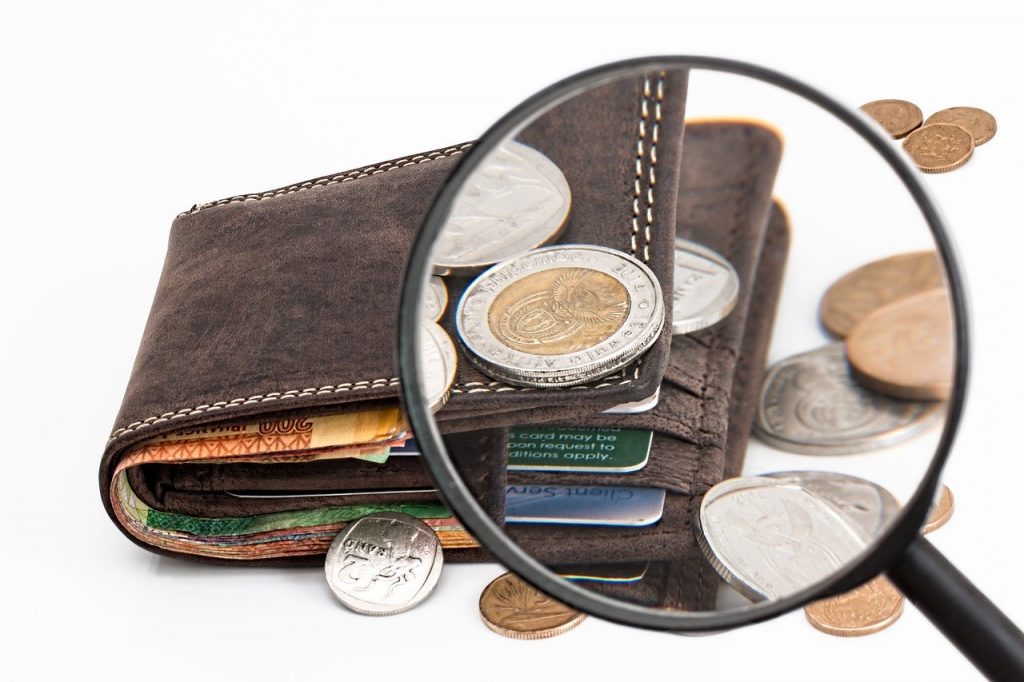How you manage, spend, and invest your money can have a profound impact on your life, yet very few schools teach these important skills. Learning financial savvy can take a while, but the basics are fairly simple and never change. Here’s where to get started. You were probably taught some basic math growing up, but too many people make it all the way to adulthood without ever learning basic money management.
Managing Your Finances
Managing your finances feels like nothing but a lot of paperwork and numbers. You make X amount of dollars, you spend Y amount, and you try to make sure Y is less than X. However, your finances are just as much about psychology, habits, and the values you choose to live by. Put another way, your mindset matters just as much as the math.
- Spend less money than you earn. If you spend exactly as much as you earn every year, you’ll never be prepared for emergencies or major life changes. Spending less than you earn allows you the freedom to save, to prepare for the future, and deal with the inevitable crises that life throws at you. The bigger the gap between your income and your spending, the better.
- Always plan for the future. When a store offers to let you pay off some gadget in 6 months with no interest, you need to know you can pay it off. Establishing an emergency fund will allow you to deal with unexpected car repairs or medical bills. Having a retirement plan will ensure you have income when you’re unable to work anymore. Your finances should always look forward beyond the current month.
There will always be newer, better tools to manage your money. Understanding the importance of comparing financial products because making any decisions is vital for proper managing. Compare different financial products whether online or offline. Or speak to a financial advisor at your local bank. Spending less than you earn will always be beneficial. Investing your money will always be better than doing nothing with it.
It’s neither safe nor advisable to keep all your money under your mattress. A bank can hold your money and allow you to access it with an ATM/debit card. You can usually apply online, or go to a branch, ask a teller to open an account, and they’ll guide you through the process. Picking a bank means finding an institution that has the services you need with the fewest fees. While some banks charge monthly fees or require you to have a minimum balance, there are plenty of banks that are worthwhile without either of these requirements.
Budgeting
A budget is one of the best ways to make sure you’re spending less than you earn. When you’re young and your career is new, you don’t have a lot of money. Getting into the habit of categorizing your bills and tracking your expenses will help prevent a lot of financial problems before they start. Ideally, the amount you spend in a month should be lower than the amount you earn. If it’s not, start going over your list and see which expenses you can cut down on until it is. If you have to, cut ruthlessly.
Credit Cards and Debt
Despite how easy it is to get a credit card, it’s also easy to get overwhelmed and wind up owing way too much money. This kind of debt can put you in a hole that’s hard to climb out of. However, credit cards can also be really useful, when used correctly. Don’t use a credit card to buy things you couldn’t otherwise afford. Instead, only buy something if you have the money in your account right now, and pay off your card’s balance every month. Credit cards can be incredibly useful tools for a properly planned budget, but they can also be destructive if you don’t use them carefully.
So, you’ve started budgeting your money, you’re building credit, and you’re spending less than you earn. Maybe it seems too far away to matter, or maybe it feels impossible and overwhelming. However, the earlier you start saving, the more money you’ll have later on in life and the less effort you’ll spend trying to get there later on. Your real, long-term savings are going toward something far more important: retirement. That’s where investments come in. If you can put your savings into some fairly simple, low-risk investments, it’ll make money for you while you sleep, and over the course of years and decades, that can add up to an awful lot. This is how you save to retire one day.











